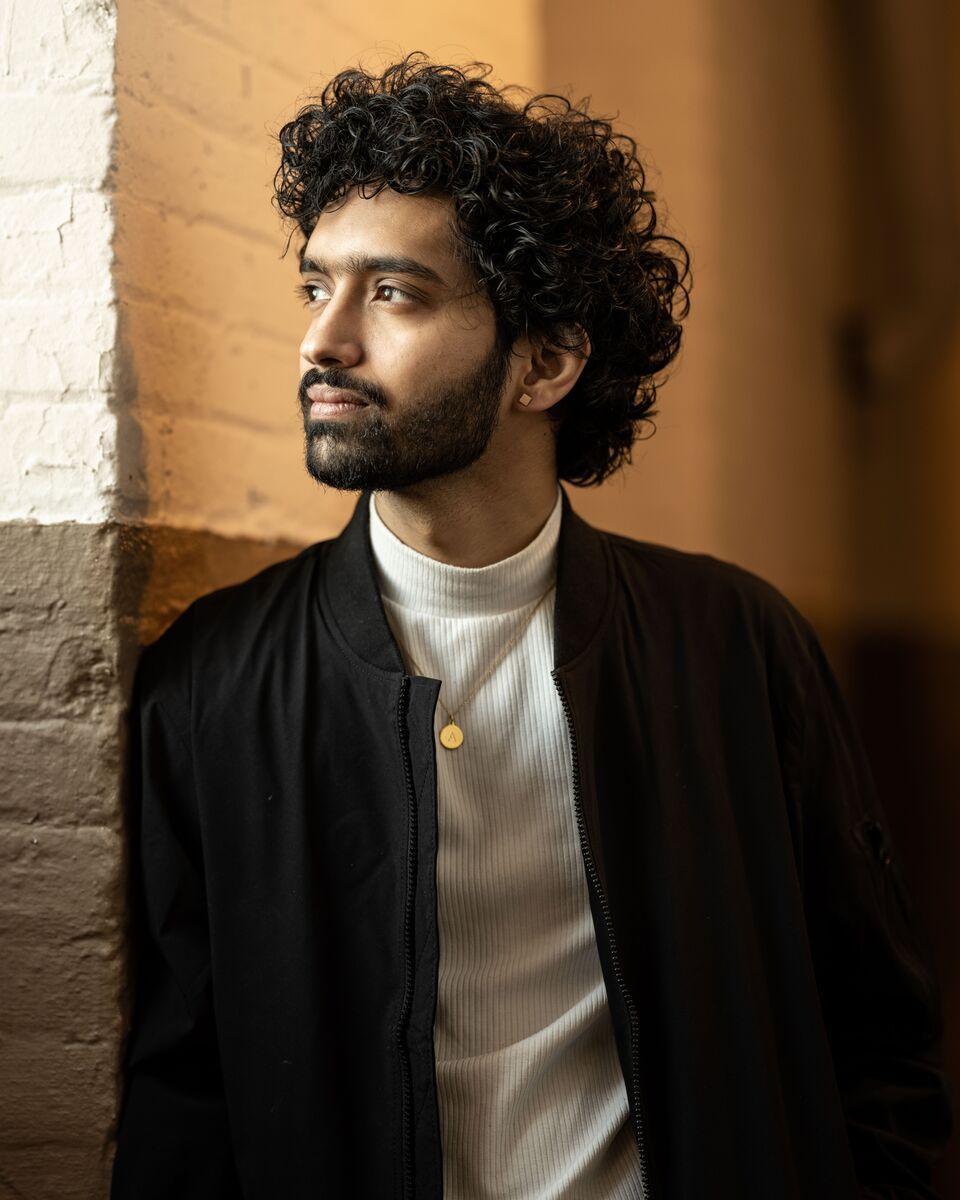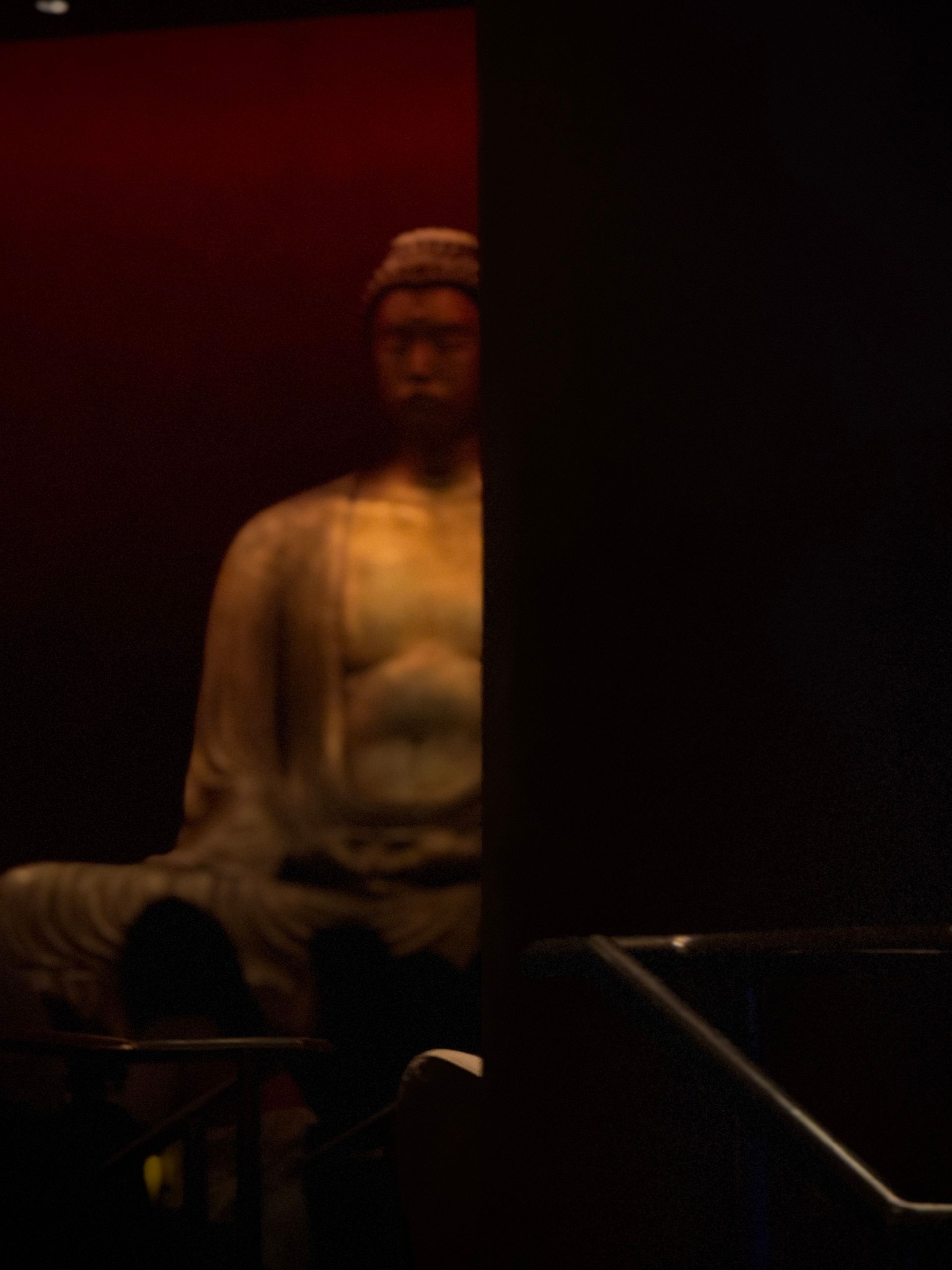Music doesn’t ask for your permission before it gets you moving. You’ll be minding your own business, perhaps contemplating the mundane horror of grocery shopping or the existential weight of laundry and dishes, when a chord progression hits you like a freight train made of pure emotion. Your stomach drops, your chest tightens, and suddenly you’re questioning everything you thought you knew about the universe.
The paradox is instructive. Contemporary society allocates substantial resources to therapeutic interventions designed to process emotional states, yet a single guitar player can trigger profound psychological responses through harmonic manipulation.
It’s a peculiar thing, really. They hold this weapon disguised as an instrument, and with it, they can make you weep, rage, or transcend the petty concerns of your daily existence. And the truly maddening part? Most of them have no idea they’re doing it.
But here’s where it gets interesting: if merely hearing music can trigger such visceral reactions—if a wrong note can make you physically uncomfortable the way fingernails on a chalkboard do—then what happens when you’re the one creating it? What kind of responsibility does that place on your shoulders? What level of honesty does it demand?
The answer, I’ve discovered through years of wrestling with six strings and my own limitations, is absolute honesty. Not the kind of honesty that gets you invited to dinner parties, but the brutal, uncompromising variety that makes people uncomfortable at cocktail conversations. The kind that demands you strip away every pretense, every ego-driven shortcut, every comfortable lie you tell yourself about your abilities.
When you’re improvising—truly improvising, not just noodling around with familiar patterns—you enter a state where your conscious mind becomes irrelevant. Your thoughts, those persistent little editors that usually micromanage every aspect of your existence, suddenly have no say in the matter. What emerges is something so pure it’s almost embarrassing, like playing in absolute silence in a crowded room with everyone watching but somehow it’s beautiful instead of mortifying.
This is the texture of real musical expression: unfiltered, unedited, uncomfortably honest. It’s coming from a place so deep within that your usual bag of tricks and social masks can’t reach it. There’s no time for second-guessing, no opportunity to polish or revise. You say what you say, and then you’re already onto the next phrase, the next idea, the next moment of truth.
The goal—the impossible, maddening, absolutely necessary goal—is to burn through the changes with such effortless mastery that it appears supernatural. I don’t mean the kind of effortless that comes from playing the same progression chords you learnt when we started playing the guitar. I mean the kind where your creative expression cruises down a musical highway at the perfect speed, where every note seems inevitable yet surprising, where the connection between thought and sound is so immediate it borders on telepathy.
When you witness this level of mastery in person, it’s genuinely hypnotic. You find yourself frozen in your seat, not because you’re trying to be polite, but because your brain simply cannot process what it’s experiencing. My brain often tells me, “Here is someone who has achieved such a deep communion with their instrument that they seem to be channeling something beyond human capability”.
They’re not playing the guitar so much as having a conversation with it, and you’re eavesdropping on something sacred.
This is what separates the good from the transcendent. It’s not about speed or technical wizardry, though those might be present. It’s about reaching a state of flow so profound that it physically impacts everyone within earshot. It’s about becoming a conduit for something larger than yourself.
The cruel irony, of course, is that 99 percent of this pursuit happens in complete solitude. No audience, no applause, no validation from the outside world. Just you, your instrument, and the relentless pursuit of something that might not even be achievable. If you’re not pushing yourself to the absolute limit during these private moments, if you’re not listening with the intensity of someone whose life depends on every nuance, then expecting transcendence during performance is like expecting to run a marathon without ever having jogged around the block.
Practice—real practice, not the self-indulgent kind where you play along to backing tracks and congratulate yourself for sounding decent—is the only path forward. This isn’t about enjoying yourself or feeling good about your progress. This is about pushing against your limitations until they give way, about learning one small thing that will expand your understanding over the long run, about building a foundation so solid that when inspiration strikes, you have the tools to follow it wherever it leads.
We live in an age of shortcuts and life hacks, where everyone’s looking for the secret technique that will bypass the actual work. YouTube is littered with “Learn Guitar in 10 Minutes” videos, and music stores are full of gadgets promising instant improvement. It’s seductive, this idea that mastery can be downloaded like an app. But here’s the thing: depth cannot be faked. When you’re standing in front of an audience—or sitting alone in your practice room—the truth of your preparation becomes unavoidable.
This obsession with genuine mastery might make me the most unsuccessful guitarist in the world, commercially speaking. While other musicians may choose their own way through this journey, I currently much prefer to be in my room working on voice leading and exploring harmonic relationships that 90 percent of audiences will never consciously notice. The music industry rewards efficiency and marketability, not the kind of obsessive pursuit of excellence that keeps you awake at 2 AM working on a single phrase until it’s perfect. But that does not deter me.
I care little about conventional success metrics, because I know my efforts are 100 percent honest every time I practice. There’s something deeply satisfying about this level of commitment, even when—especially when—it seems completely divorced from practical outcomes. If you apply this kind of relentless honesty to anything, you’re bound to improve, even if that improvement is measured in millimeters rather than miles.
Everything else is beyond my control anyway. I can’t force venues to book me, I can’t make people appreciate subtlety over spectacle, I can’t control whether the music industry values depth or just wants the next catchy hook.
But I can practice. I can read. I can take lessons. I can gather knowledge with the methodical devotion of a scholar studying ancient texts. And this pursuit—this endless accumulation of understanding and skill—fulfills me more than any gig ever could.
Don’t misunderstand: I love recording in a studio, love the process of capturing something on the spot and making it permanent. There’s magic in that moment when a performance clicks and you know you’ve documented something that might outlast you. But playing a gig isn’t the end goal. It’s not even close.
The real goal is much deeper and infinitely more personal. It’s about achieving a level of mastery where the boundary between musician and music dissolves completely. It’s about becoming worthy of the power you wield when you pick up an instrument. It’s about honouring the fact that music can reach inside people and rearrange their emotional furniture, and accepting the responsibility that comes with that ability.
In a world obsessed with outcomes and external validation, this might seem like a fool’s errand. Maybe it is. But there’s something beautiful about pursuing excellence for its own sake, about dedicating yourself to something that demands everything and promises nothing in return except the possibility of touching something transcendent.
The guitar doesn’t care about your career aspirations or your need for approval. It only responds to honesty, preparation, and the willingness to fail spectacularly in service of something greater. And perhaps that’s exactly as it should be.
With peace and insight
-Ameya

